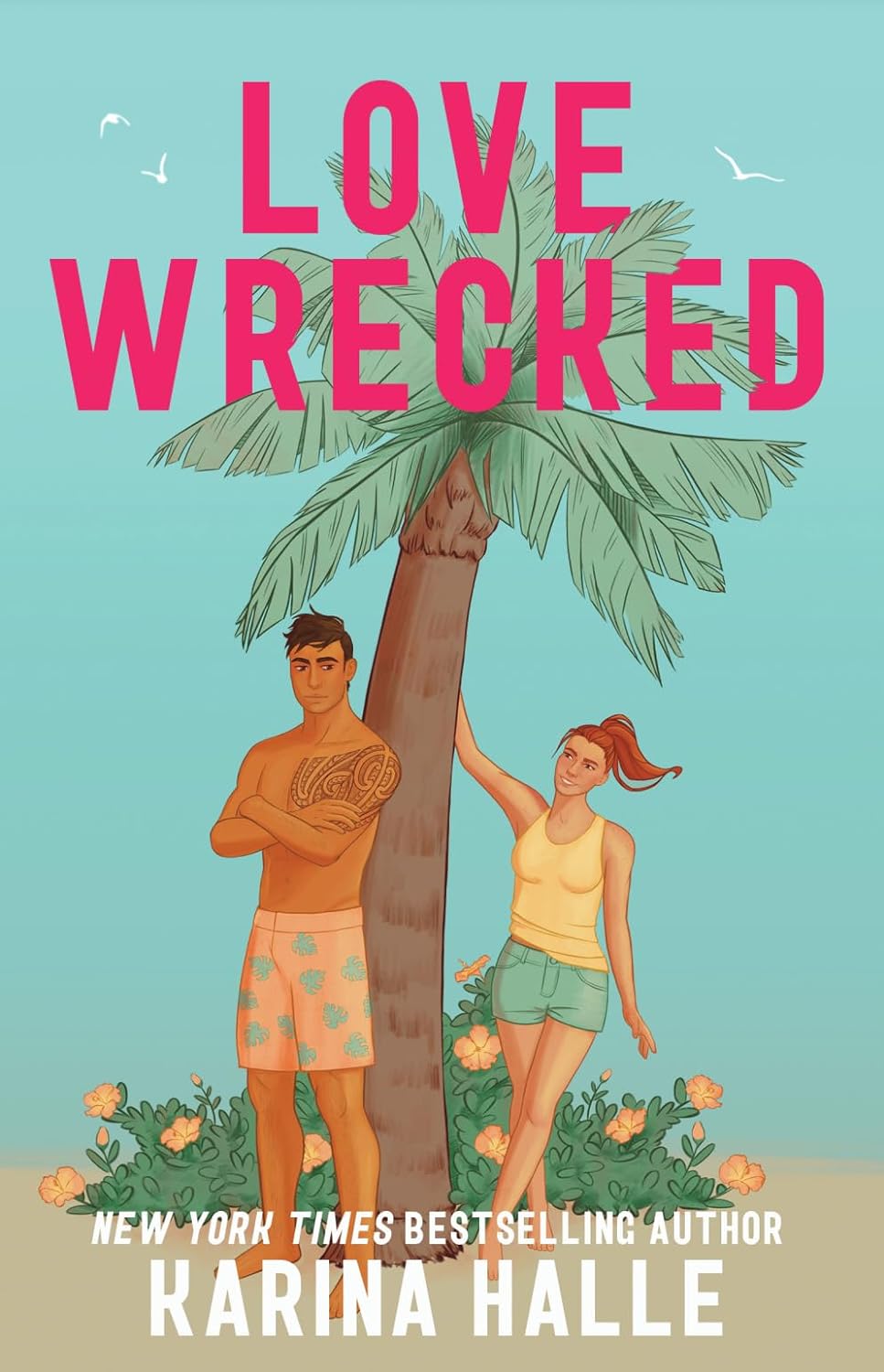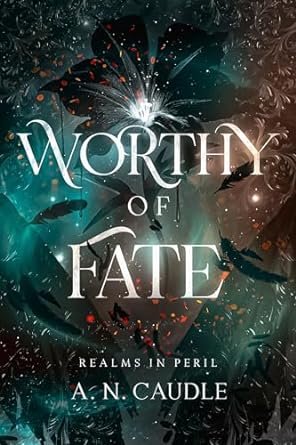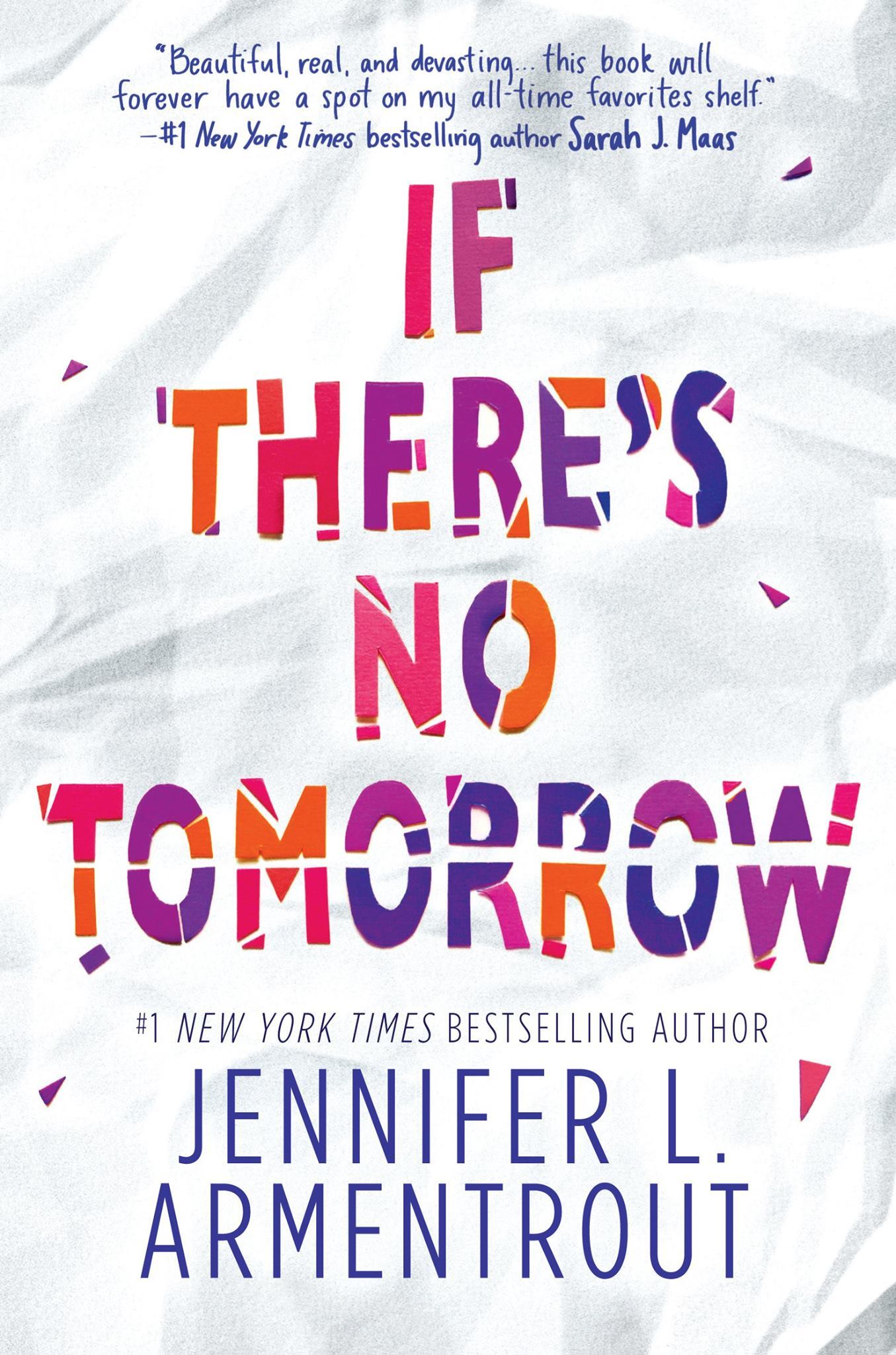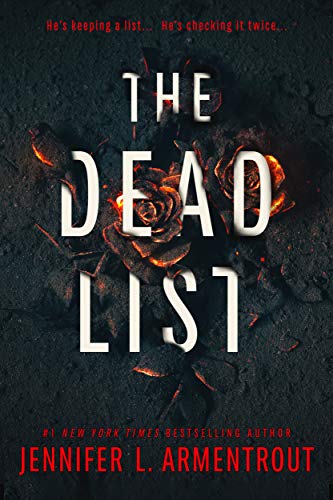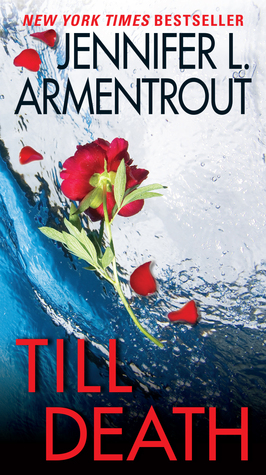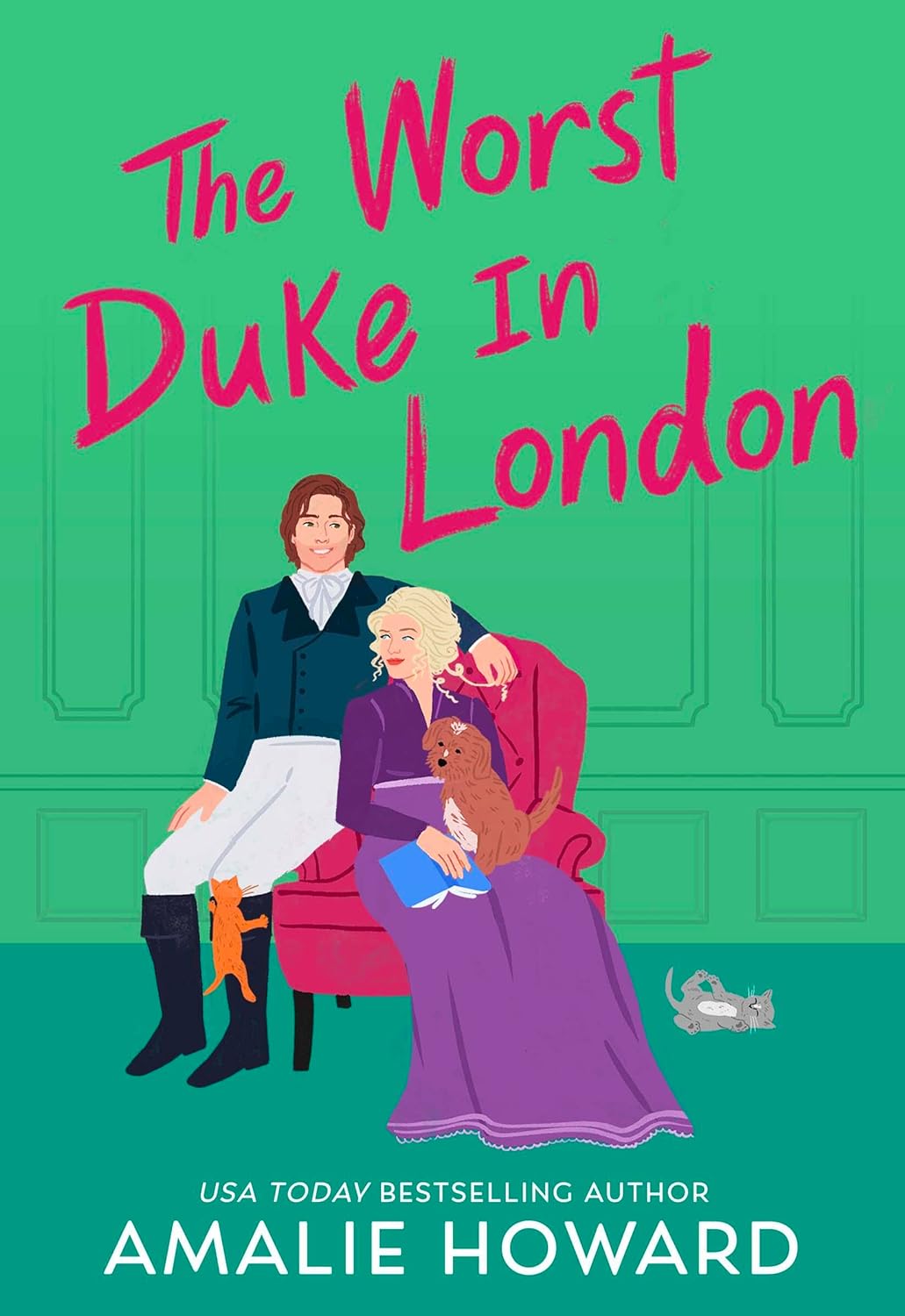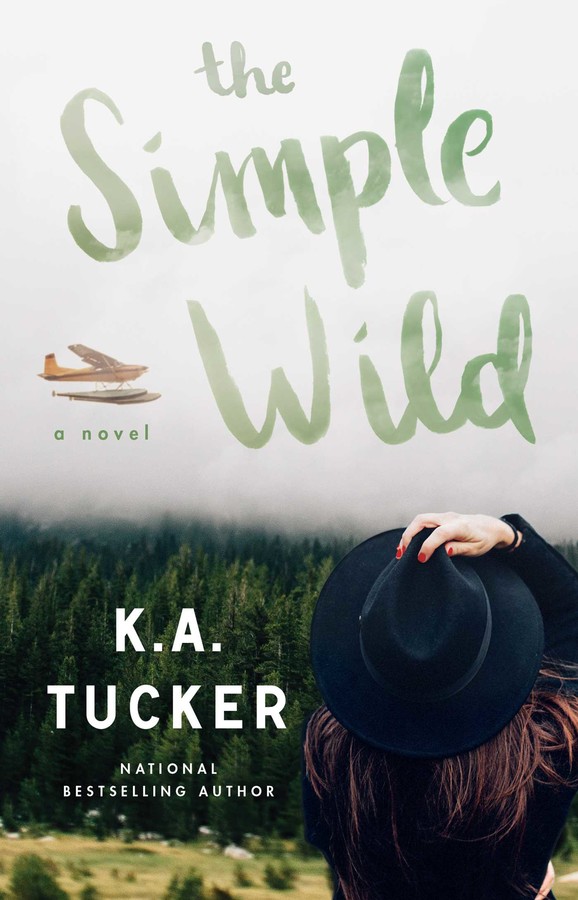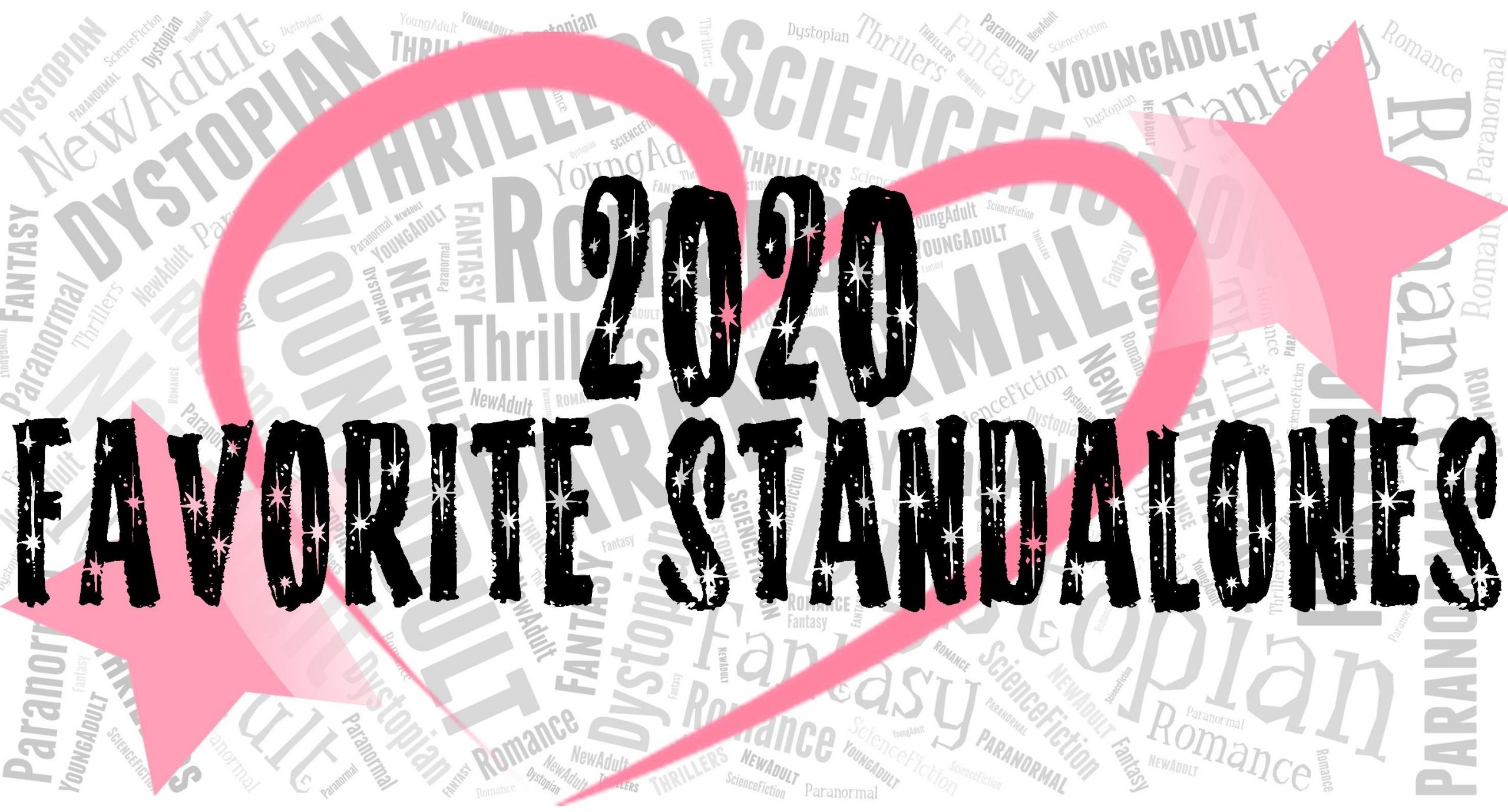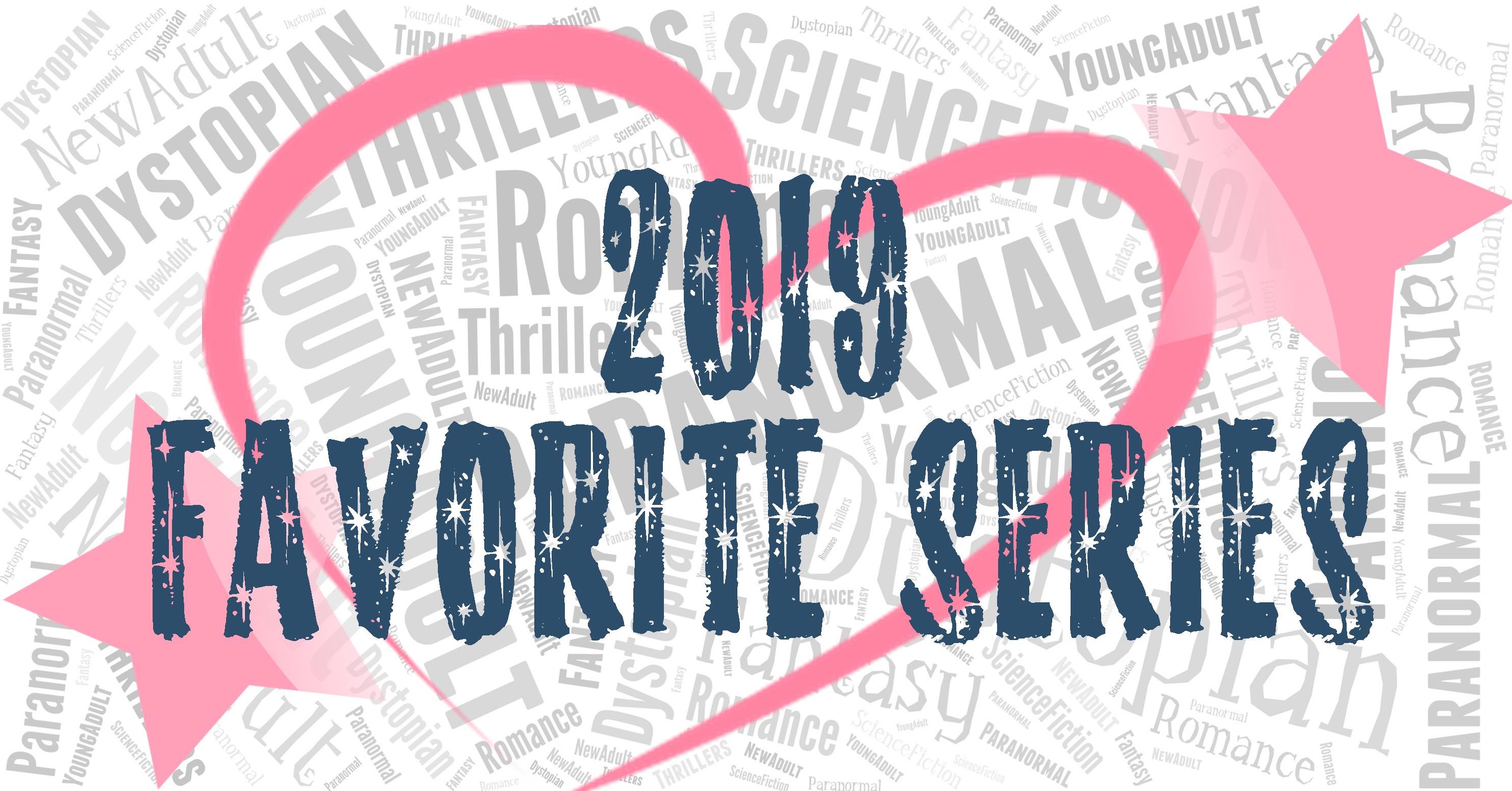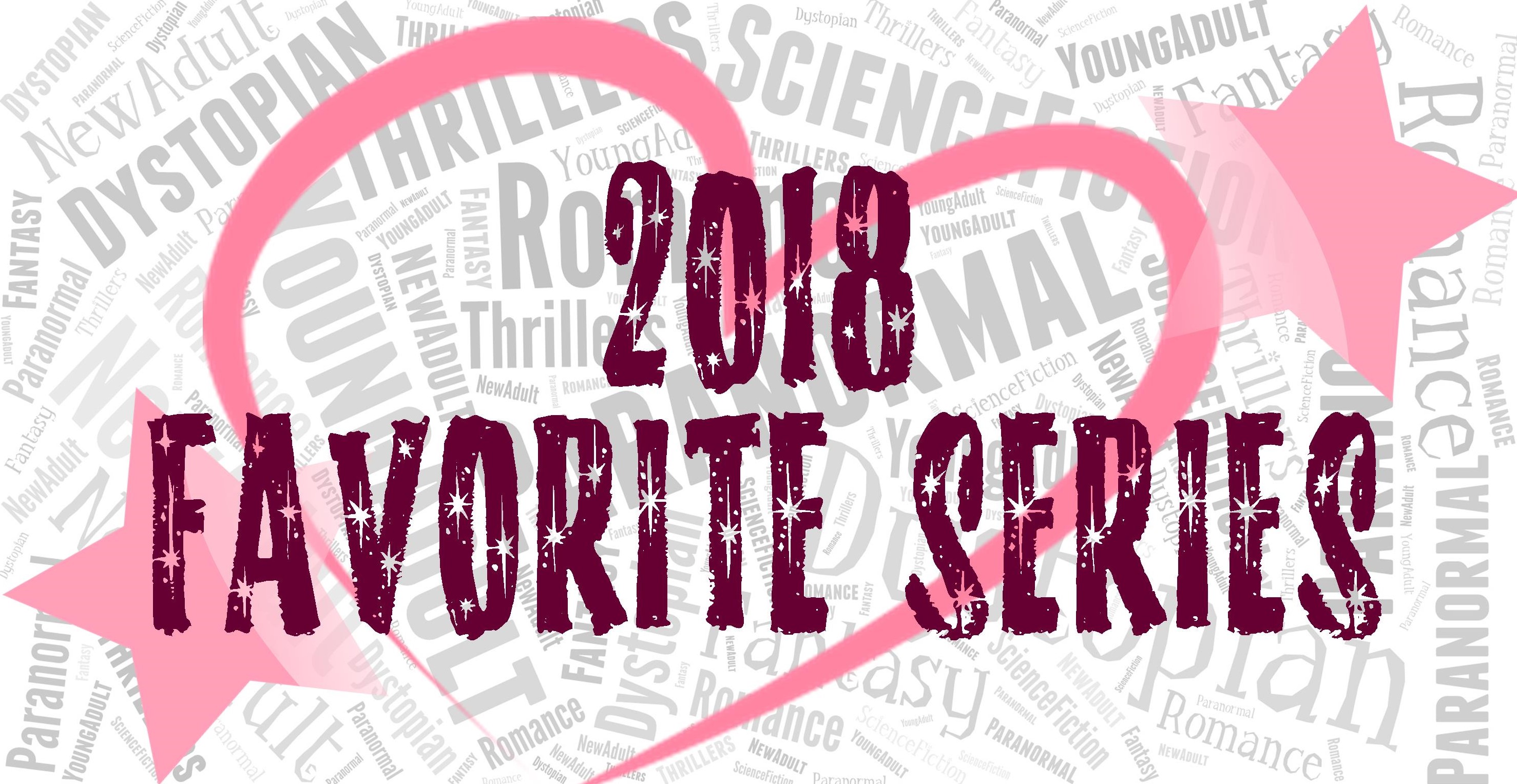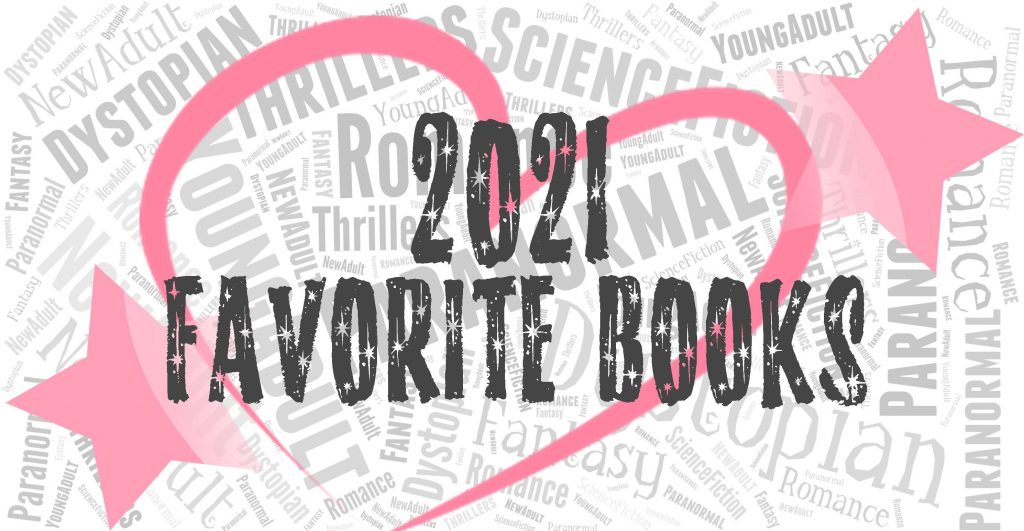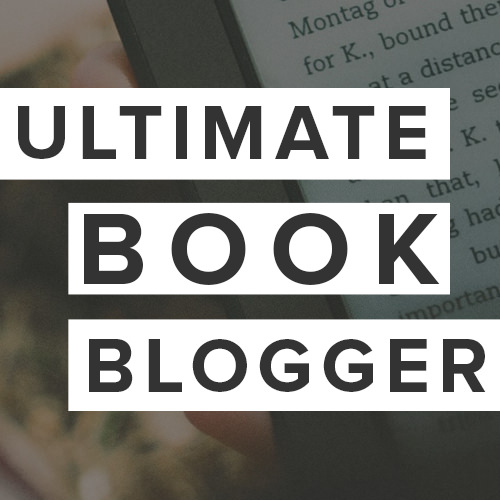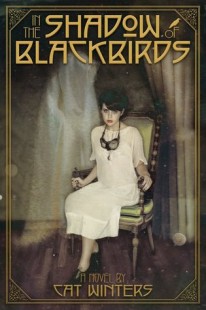 In the Shadow of Blackbirds by Cat Winters
In the Shadow of Blackbirds by Cat Winters Purchase on: Amazon, iBooks
Add to: Goodreads
Synopsis:
In 1918, the world seems on the verge of apocalypse. Americans roam the streets in gauze masks to ward off the deadly Spanish influenza, and the government ships young men to the front lines of a brutal war, creating an atmosphere of fear and confusion. Sixteen-year-old Mary Shelley Black watches as desperate mourners flock to séances and spirit photographers for comfort, but she herself has never believed in ghosts. During her bleakest moment, however, she’s forced to rethink her entire way of looking at life and death, for her first love—a boy who died in battle—returns in spirit form. But what does he want from her?
Featuring haunting archival early-twentieth-century photographs, this is a tense, romantic story set in a past that is eerily like our own time.

What an original little gem : this brilliant tale, served by a beautiful writing and a haunting atmosphere, is like nothing I’ve read before.
From page one I felt connected to every one of these characters, first of all Mary Shelley, a strong and clever heroine I instantly loved (I wish there were more YA leads like her, to be honest). In my opinion Cat Winters perfectly nailed the characterization, making me care for characters even before meeting them : how is that even possible? Before I knew it my heart was in my throat, my belly in knots, afraid to follow Mary on her journey.
But what won me over was the unexpected quality of the plot (especially because I didn’t read the blurb, which gives away too much in my opinion). More than once did I find myself clasping my hand over my mouth, widening my eyes and giggling out of surprise : it was fabulous.

Do you believe in ghosts? Because I don’t. Not that it stops them from creeping the hell out of me. See, my mum used to tell everyone that I channeled spirits because of that time when I told her that someone was dead without nobody knowing it yet. I was 4. As far as I’m concerned, it was only a sad and creepy coincidence, but my mother never really saw it that way, and it became the story every one of my friends religiously heard her recall over the years. Since then I’ve been afraid of spirits, even knowing how irrational my fear is. All this because I once was a spoiled child who said something mean. Payback is a bitch.
That’s why I couldn’t shake off the impression that someone was watching me while I was reading, not to mention that the pictures freaked the hell out of me. Trust me, if someone told me that they could capture spirits’ soul in pictures, I would brush it off laughing and rolling my eyes, as Mary did. Yet some passages made my blood run cold, so much that I couldn’t breathe. Perhaps I’m a chicken. I don’t care. I. Was. Scared. Fucking bird. *shivers*

“Lives were being traded for other lives.
The line between right and wrong blurred into a haze.”
For as long as I can remember, I’ve always been passionate about the darkest times my country lived : contrary to what some stupid people think, not being blind about France’s faults in History doesn’t mean that we don’t love our country, but actually the opposite. I strongly believe that historical knowledge is needed to stop making the same mistakes again : it’s far from enough, but that’s a start, isn’t it? Obviously I read a lot of books about both World Wars because literature is really prolific about them in France. Yet In the Shadow of Blackbirds is the only US insight I’ve come across since Dos Passos, and it’s been almost 10 years since I’ve read The 42nd Parallel. As we follow Mary’s story, we get to see how dark and dangerous this period was : if USA weren’t where fighting was taking place, it doesn’t mean that no battle were fought there. Between the flu and the prevailing paranoia, Mary’s world is shredded into pieces.
Mary’s father was taken into custody as a traitor because he proved himself to be against USA’s participation in that war. If my knowledge about the way US citizens dealt with WW1 is close to zero, here are some facts about the Great War (I do know that I simplify some of them, but it is neither the place nor the time to write an History paper. Yet this book, and the November 11th anniversary coming this week made me want to talk about it). There’s something to say about a book that makes you want to revisit your History. In my opinion anyway.
– As that’s the case with most wars, every country involved spread hate and misinformation through propaganda. This poster, published in 1918 in France, chills the air around me so much it reminds me of those Mary sees everywhere : (view spoiler) As Mary and her aunt points it, WW1 started due to a deadly game of alliances combined with the ambition to be the most influent, powerful, wealthy European country, and not really out of threat. Look how good it worked, you stupid.
– During Winter 1915, some French and German soldiers ‘celebrated’ Christmas together, many of them (on both sides) struggling to understand why the hell they were fighting to death in these awful conditions. Between 1914 and 1918, hundred, if not thousands French soldiers were sentenced to death by their hierarchy because they refused to carry on fighting. For those of you who speak French, I strongly recommend reading Paroles de Poilus: Lettres et carnets du front 1914-1918, a chilling collection of letters sent by French soldiers during WW1 : they’re as unsettling as though-provoking, and Stephen’s experience made way more sense knowing that.
The way Cat Winters captured the oppressive atmosphere during this year was brilliantly done, and added so much more depth to the story. Rarely struggles moved me as much as Mary’s and Stephen’s did.
“Oh, you silly, naive men.” I shook my weary head and genuinely pitied their ignorance. “You’ve clearly never been a sixteen-year-old girl in the fall of 1918.”
Moreover, I loved how Cat Winters tackled women’s emancipation issue : as it played out for Mary’s aunt, WW1 brought many French women to work in factories and other ‘men’ jobs for the first time, creating a growing awareness of the need to give more rights to women – Don’t hold your breath, though. In France the fight for women’s suffrage ended in 1944, and women earn the right to work without their father/husband’s permission in 1965 only. If France’s always been the country of humans rights, it takes its time to acknowledge that women deserved them too. All of that is to say that I really appreciated reading about how women were dealing with war overseas, especially through such strong yet realistic characters.

► All in all, a book that I won’t forget anytime soon. Strongly recommended.
I found the crow to make my pict here.

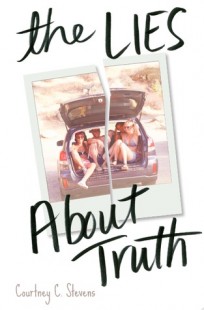 The Lies About Truth by
The Lies About Truth by 
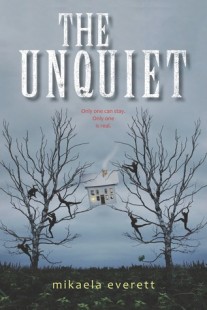 The Unquiet by
The Unquiet by 





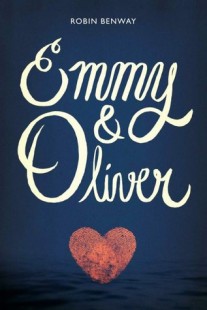 Emmy & Oliver by
Emmy & Oliver by 


 The Masked Truth by
The Masked Truth by 






